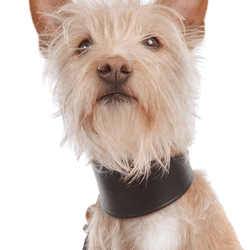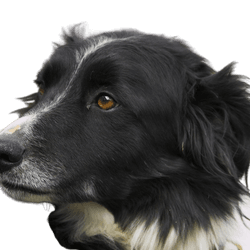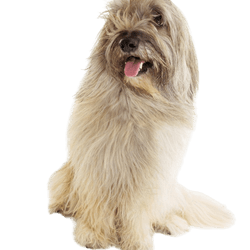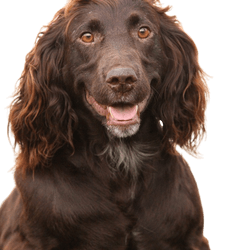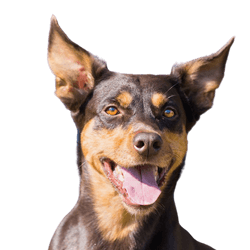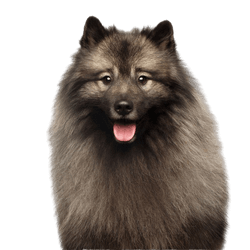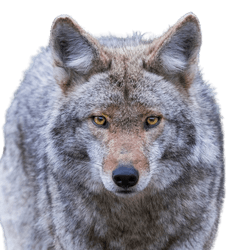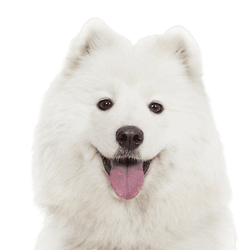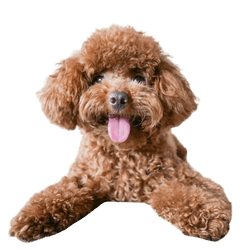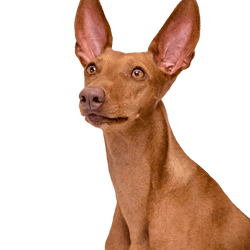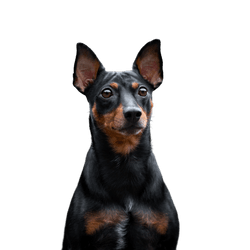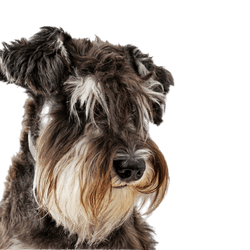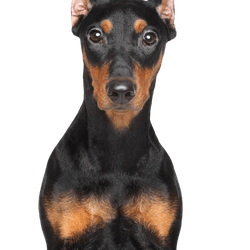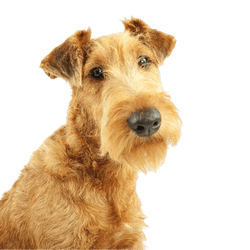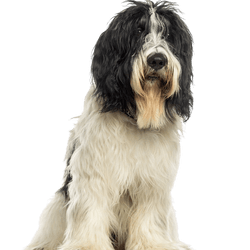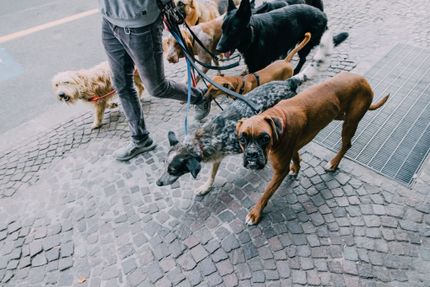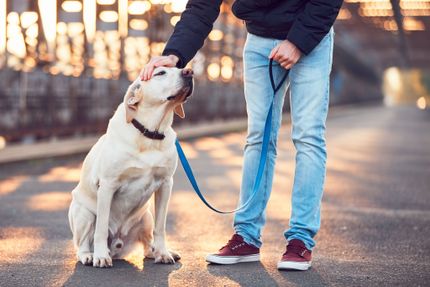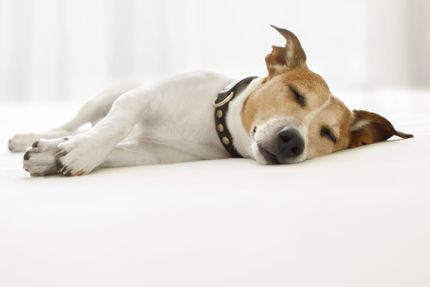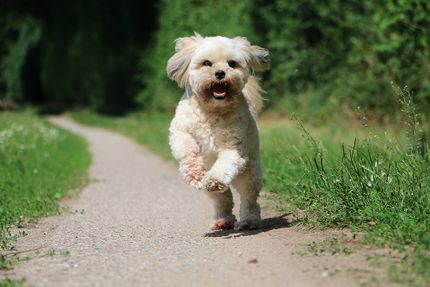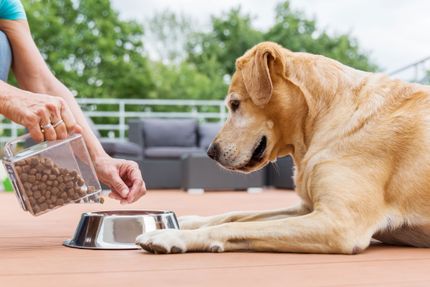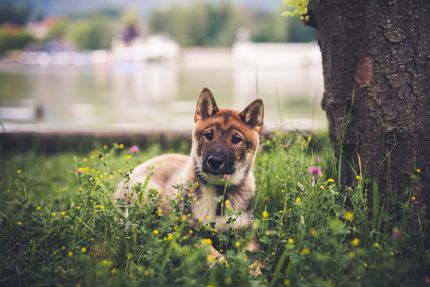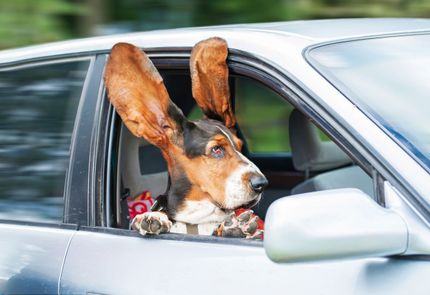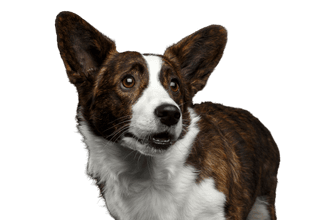
Corgi Breed description: Character & Co
Corgi
Facts & Origin
What is the origin of the Corgi?
Some dog experts believe that the Corgi's history traces back to herding dogs that came to the British Isles with the Vikings. Over the centuries, they have proven to be reliable farm workers: Not even large herds of cattle could intimidate the Corgi. On the contrary, the cattle dogs would pinch the large animals in the fetlocks and guide them into the desired direction this way. It is probably for this very reason they were called "Welsh Heelers". The first entry in the history books about the little dog was made about 1000 years ago. Even in the Laws of Hywel, written by Howell the Good, it is mentioned: The king set the value of the dog equal to that of a full-grown bull. Although the breed has been around for so many years, the Welsh Corgi Club was not founded until 1925, since then the breed has also been presented at dog shows.
The breed became famous through its connection to the British royal family. In 1933, King George VI bought the first Corgi named Dookie. His daughter, now Queen Elizabeth II, even bred Welsh Corgi Pembrokes herself until 2008. Until 1934, Pembrokes and Cardigans were crossed and were considered as one and the same breed. It didn't only start when the adventures of the dog pack in Corgi Royal delighted cinema fans that the breed started to be known as bright and clever. The movie is about the adventures of little Rex, who came to Buckingham Palace as a puppy and had to assert himself in the big world when he fell out of favour with the Queen.
What are the breed characteristics of the Corgi?
Visually, the Welsh Corgi Pembroke and the Welsh Corgi Cardigan are very similar to each other. Both stand out with a clearly square build, which reminds of a Dachshund. Their short legs are also typical for the breed. The large ears are set high and carried upright by the dogs. In some Welsh Corgi Pembrokes the tail is naturally short. Pembrokes are considered to be more lively by nature.



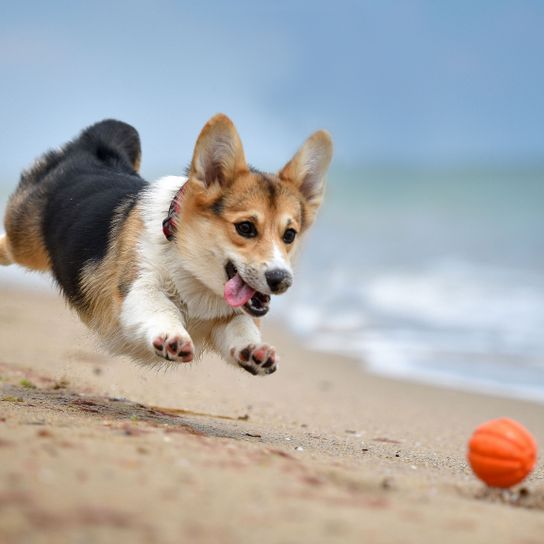
| Alternate Name | Welsh Corgi Pembroke, Pembroke Welsh Corgi, Cardigan Welsh Corgi, Pembroke Welch Corgi, Pembroke or Cardigan Welsh Corgi, Welsh Corgi |
| Origin | England |
| Life expectancy | 12 - 15 years |
| Care requirements | low-maintenance |
| Activity level | average |
| FCI group | Sheepdogs |
| AKC group | Herding Group |
| KC group | Pastoral Group |
Corgi mixes
Attitude, character and temperament of the breed
What are typical character traits of the Corgi?
Despite their short legs, Corgis are surprisingly agile and persevering. It is truly not a couch potato, but an animal that needs mental and physical challenges. Once the Corgi is fully grown and you have trained their stamina, it will even run along with you on bike tours. The clever animal is also enthusiastic about dog sports:
- Dog Dancing,
- Agility and
- Obedience Training are only some worth mentioning.
When the Corgi used to herd cattle and other animals independently on the wide pastures, assertiveness was required. As a family dog, it is best to meet their stubbornness with consistent training. Set up rules from the beginning, which provide guidelines for the four-legged friends.
Character
Usage



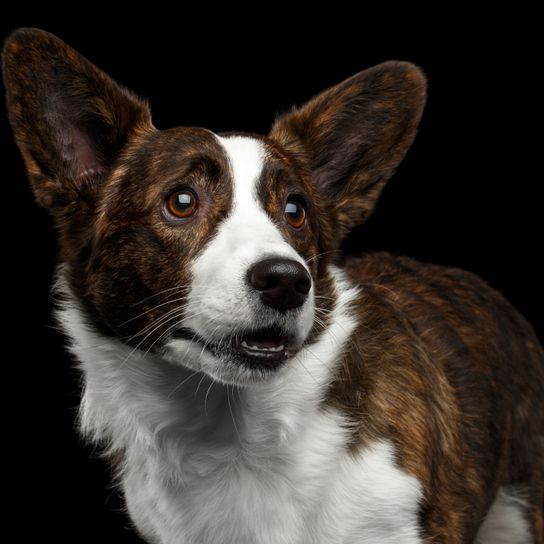

Health and breeding information
What are typical diseases of Corgis?
Especially at a young age you should make sure to avoid that your Corgi climbs stairs too frequently. Also jumping can put a strain on their body and sometimes lead to joint problems. For this reason, you should also keep an eye on their weight. The Corgi tends to beg, if you give in to them too often they will soon put on a few excess kilograms. Typical racial diseases include bipartite dysplasia and degenerative myelopathy. This is a neurological disease that leads to paralysis.
What should be considered in regards to Corgi breeding?
As Corgis are not very common in Austria, you may have to wait for a Corgi puppy to become available for some time. Information about current litters can be obtained from the Austrian Club for British Herding Dogs. Before the four-legged friend moves in with you at the age of eight weeks, it is best to visit the breeder several times and have the parent animals shown to you.


Appearance and coat of the Corgi?
Your Corgi has a medium-length or short top coat, underneath which there is a dense undercoat. The Pembroke is bred in red, sable, black or deer colours. Some specimens have white markings. If you prefer a colourful Corgi, you should opt for a Cardigan: there are several varieties:
- different shades of red
- tri-coloured in black, white and red
- brindle (blotched)
- sable with black hair tips
- blue merle with red markings
- blue merle with a brindle pattern
In both breeds, large white areas on the coat are considered undesirable. There are also slight differences in the texture of the coat: In the Cardigan the top coat is longer and harder, in the Pembroke it is rather soft. Because of the dense undercoat alone it is worth brushing the animal several times a week. Especially during the change of coat you will save yourself frequent vacuuming, because the dead hairs will stick to the furniture and the floor.
How big can a Corgi get?
The shoulder height reaches up to 30 centimetres.
How much does a Corgi weigh?
A Corgi can weigh up to 12 kilograms.
What is the life expectancy of a Corgi?
A Corgi puppy will accompany you for a long time: The animals can reach an age of up to 15 years.
| Fur length | short |
| Fur | flat coated |
| Ear shape | Standing Ears |
| Tail | short |
| Anatomy | hefty |
| Size ♀ | 25 - 30 cm |
| Weight ♀ | 9 - 12 kg |
| Size ♂ | 25 - 30 cm |
| Weight ♂ | 9 - 12 kg |
| Suitable For | - |
Colors

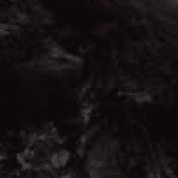
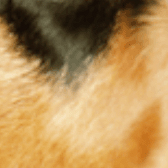
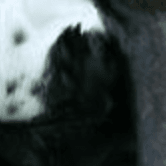
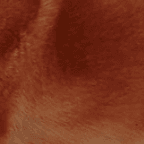
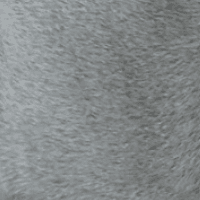



FAQ
-
A Corgi costs depending on breeding and coloring between 1900-2500 euros. There are special colorings and even merle optics. These cost of course significantly more and often come without papers.
-
No. A corgi is sometimes born with a stubby tail.
-
Queen Elizabeth II has bred and kept dozens of dogs for several years. For some years, however, it was quiet in the palace. Only in March 2021, the Sun reported that two Corgi puppies have moved in with the Queen again.
Other medium dogs
Useful Articles
You can find articles that might interest you in the dogbible blog to match your favorite breed.
Visit our magazineto stay up to date on dog trends.
To find out more, view our Privacy Policy
Find here the breed that suits you and find out what character traits it has. Here you can also learn more about the origin, size and weight of your favorite breeds.
Matching your favorite breed, you'll find articles that might interest you on the dogbible dog blog.
Female Dog in Heat - what is it?
Diabetes in dogs - Detect and treat diabetes in your dog
Dog eats pig bones - is it dangerous? Everything you need to know about bones and dogs






